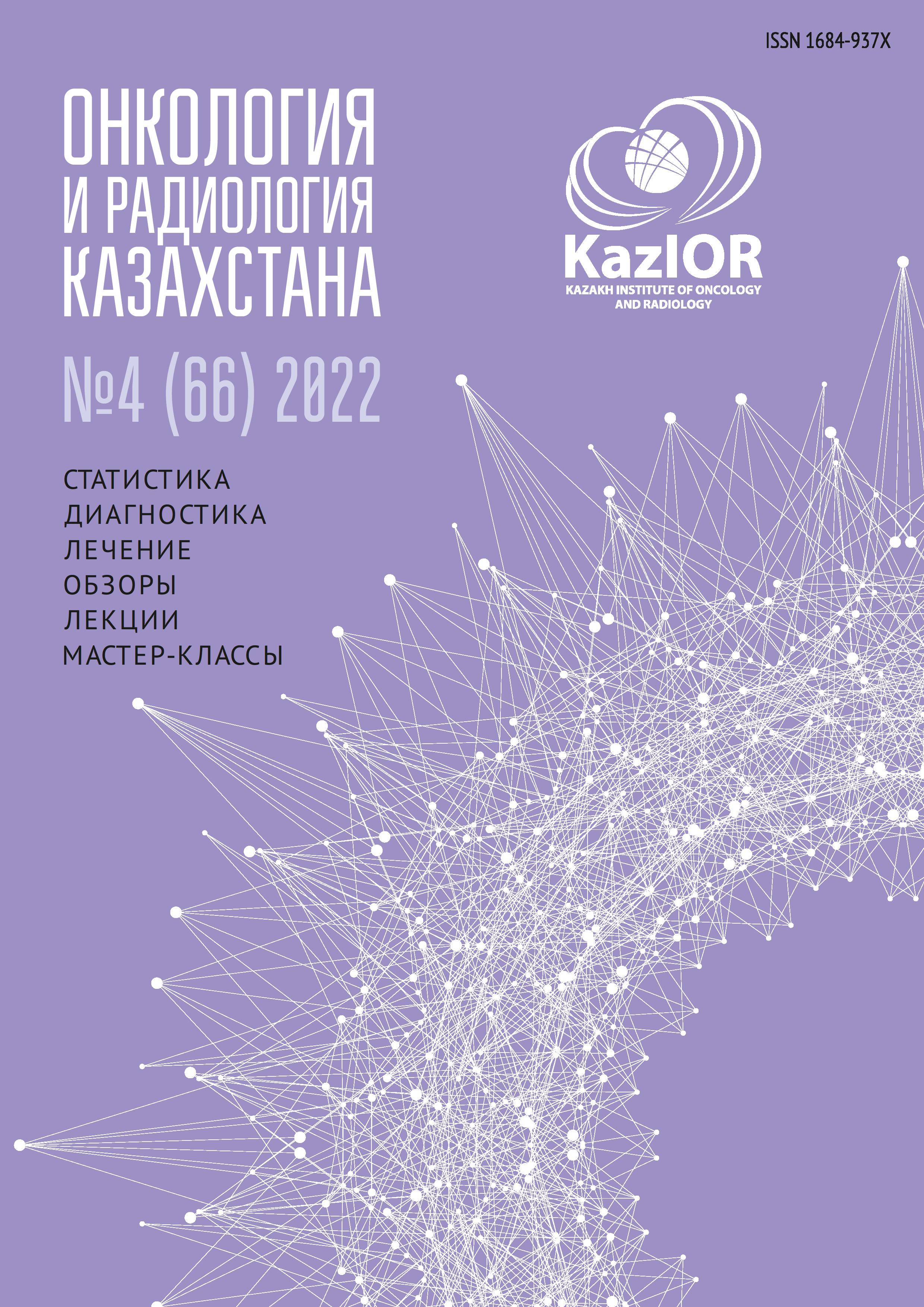Stages of cytological examination (using immunocytochemical examination) of effusion fluids
DOI:
https://doi.org/10.52532/2521-6414-2022-4-66-33-37Keywords:
immunocytochemistry (ICC), monoclonal antibodies, malignant tumors, pleural fluid, ascitic fluid, conventional cytology, liquid-based cytologyAbstract
Relevance: Cytological criteria of tumors in exudate fluids are associated with specific subjective difficulties, one of which is the differential diagnosis of proliferating mesothelial and adenocarcinoma cells.
The study aimed to increase the informational value of cytological diagnostics in a multidisciplinary hospital.
Methods: From 2018 to 2021, 10,082 serous cavity effusions (pleural – 8,166 (81%), abdominal cavity – 1,512 (15%), pericardial – 404 (4%)) were included in the cytological examination. Microscopic examination of traditional preparations was carried out, and immunocytochemical (ICC) examination was carried out in difficult diagnostic situations.
Results: Analysis of the study showed that by the traditional cytological method in effusion fluids in women, metastatic lesions of the serous cavities were diagnosed in 672 cases (58%), mainly due to the progression of breast cancer (26%). In men, pleurisy was mainly due to metastasis of adenocarcinoma of the lung – 266 cases (23%). ICC research increased the diagnostic accuracy of cytological examination by 62-93% and the specificity – by 95-99%.
Conclusion: An algorithm for conducting ICH studies, differing in the number of panels of monoclonal antibodies used to determine the
histological form and organ - the source of the tumor, has been developed. In specific cases, conducting ICR studies with 2-3 monoclonal antibodies may be quite enough to confirm the histological form of the tumor and, where necessary, perform additional ICR studies without significant loss of time for obtaining results.

